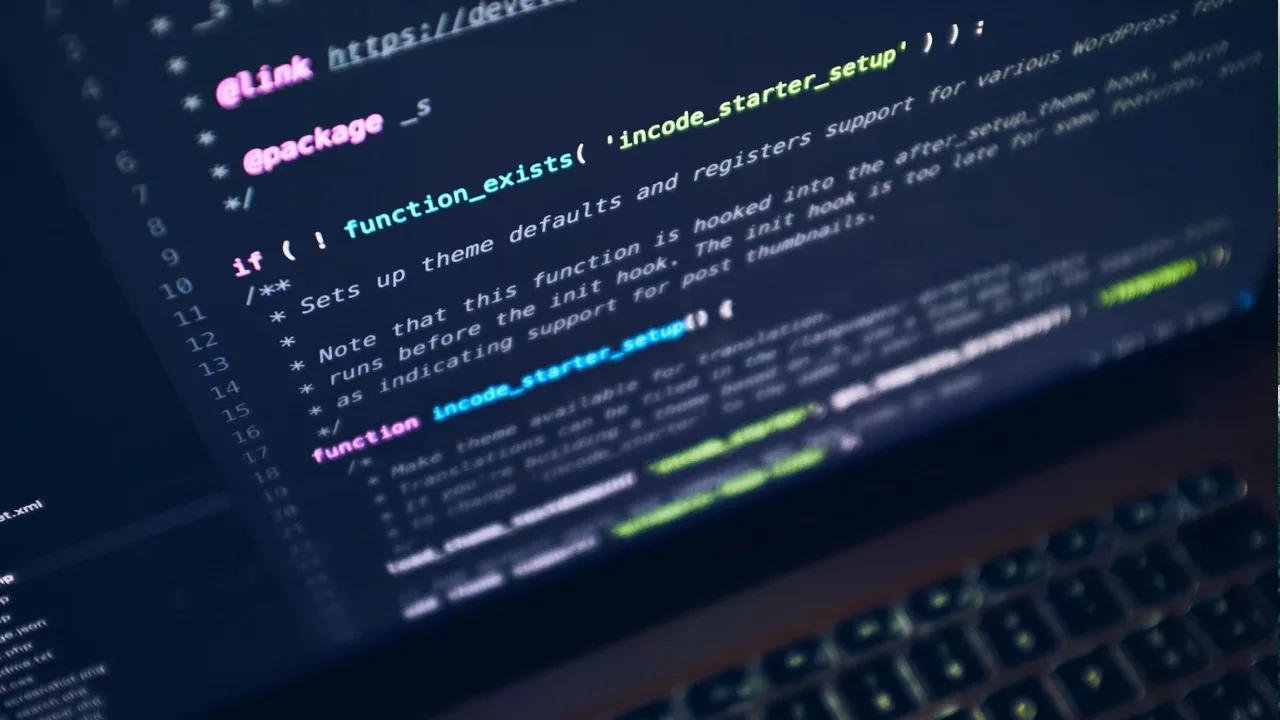Laravel Eloquent vs DB facade: When to use which?

💻 Laravel Eloquent vs DB facade: When to use which? 💡
Hey there, tech enthusiasts! 👋 Are you grappling with the question of whether to use Laravel Eloquent or the DB facade for your SQL statements? 🤔 Well, you're in luck, because today we're diving into this topic to help you find the right tool for the job! 🛠️
🚀 The Need for Speed: DB Facade As the performance tests have shown, the Laravel DB facade comes out as the ultimate speedster when it comes to executing SQL statements. ⚡ So, if your focus is on lightning-fast queries for operations like SELECT, UPDATE, DELETE, or INSERT, then the DB facade is the way to go. 🏎️
🌟 The Power of Eloquent ORM Now, you might be wondering, why would anyone willingly choose the slower Laravel Eloquent ORM? 🐢 Well, dear reader, the answer lies in the magic of Eloquent's object-relational mapping capabilities. 🌈
🔍 Simplicity and Readability
Eloquent makes working with databases a breeze, as it provides a fluent and expressive interface for querying and manipulating data. With Eloquent, you can write eloquent (pun intended) code that reads almost like natural language. 📖 Just imagine the joy of chaining methods like User::where('status', 'active')->orderBy('name')->get()! 🎉
🔄 Relationships and Model Convenience One of Eloquent's most significant strengths lies in its ability to handle relationships between database tables effortlessly. 🤝 It allows you to define relationships like one-to-one, one-to-many, or many-to-many in a straightforward and intuitive manner. 🌌 Eloquent also takes care of automatically fetching related data for you, saving you time and effort. 🕒
💪 Flexibility and Extensibility Unlike the DB facade, which requires you to manually write SQL statements, Eloquent provides an elegant, object-oriented way of interacting with the database. 🧩 It offers features like query scopes, accessors, mutators, and event listeners, allowing you to customize and extend your models to suit your specific needs. 🔧
🔀 The Right Tool for the Right Job Now that we've discussed the strengths of both Eloquent and the DB facade, you might be wondering when to use each one. 👀
Use the DB facade when performance is crucial, and you need lightning-fast SQL statements for operations like SELECT, UPDATE, DELETE, or INSERT. ⚡⚙️
Opt for Eloquent when simplicity, readability, and ease of use are your top priorities. Leverage its eloquent query builder, object-relational mapping capabilities, and convenient relationship handling to make your codebase a joy to work with. 🌈🧩
✨ Conclusion In the end, it's all about choosing the right tool for the right job. Both Eloquent and the DB facade have their place in Laravel development, catering to different needs and preferences. 💼
So, evaluate your project requirements, weigh the pros and cons, and make an informed decision. Remember, there's no one-size-fits-all solution! 🤓
Now it's your turn! Share your thoughts and experiences in the comments below. Have you opted for the speed of the DB facade or the convenience of Eloquent? Let's start a lively discussion! 🗣️💬
Stay curious, keep coding, and until next time! 😄👩💻👨💻


